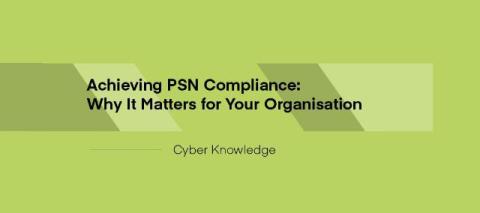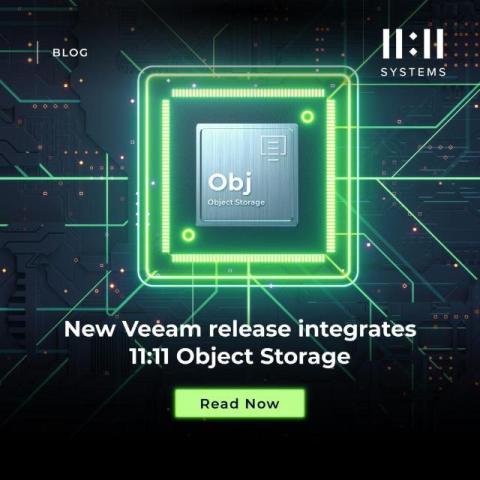Operation Phantom Circuit: North Korea's Global Data Exfiltration Campaign
In December 2024, a routine software update concealed a global threat. Attackers from the Lazarus Group, based in North Korea, infiltrated trusted development tools, compromising hundreds of victims worldwide. This sophisticated campaign, code-named “Phantom Circuit,” targeted cryptocurrency and technology developers, employing advanced obfuscation techniques through proxy servers in Hasan, Russia.










